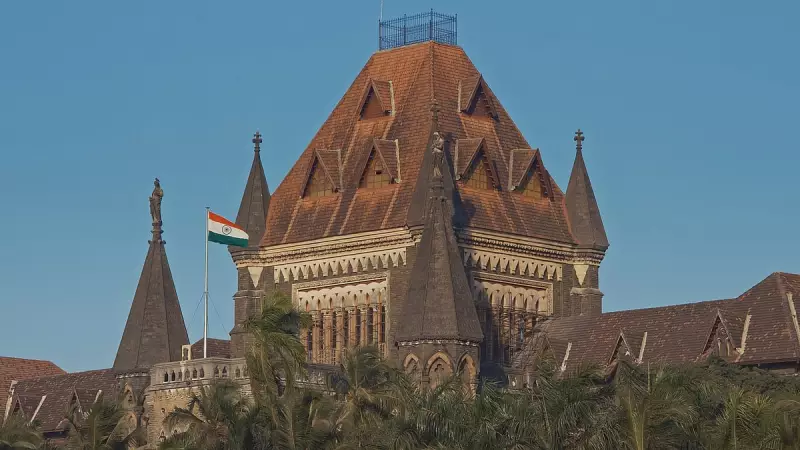
In a significant development that strikes at the heart of electoral integrity, the Bombay High Court has formally intervened in the controversy surrounding voting machines in Maharashtra's local body elections. The court has issued notices to the State Election Commission following a petition challenging the decision to exclude Voter Verifiable Paper Audit Trail (VVPAT) machines from upcoming municipal polls.
Judicial Scrutiny of Electoral Process
A division bench comprising Justice Gautam Patel and Justice Kamal Khata demonstrated the judiciary's serious concerns about this decision. The court has demanded that the election authorities provide a comprehensive justification for removing VVPAT machines, which serve as a crucial transparency mechanism in electronic voting.
The petition, filed by social activist Vijay Kumbhar and mathematician Dr. Jayant Bhalchandra Gokhale, argues that eliminating VVPAT undermines voter confidence and violates fundamental principles of free and fair elections. Their legal challenge emphasizes that VVPAT machines provide the only physical verification method for votes cast electronically.
The Core Legal Argument
At the heart of the controversy lies a fundamental question: Can election authorities unilaterally remove transparency safeguards that voters have come to rely upon? The petitioners contend that the decision violates citizens' right to verify that their vote has been correctly recorded—a cornerstone of democratic elections.
The State Election Commission now faces the legal burden of demonstrating why this rollback of verification mechanisms serves the public interest better than maintaining established transparency standards.
Broader Implications for Electoral Democracy
This case transcends Maharashtra's borders, potentially setting precedents for electoral practices across India. The court's ultimate decision could influence how election authorities balance administrative convenience against verifiability requirements in democratic processes.
As the legal battle unfolds, all eyes remain on the Bombay High Court, which has scheduled further hearings to examine the constitutional and practical dimensions of this electoral transparency debate. The outcome could reshape the landscape of India's local government elections for years to come.






